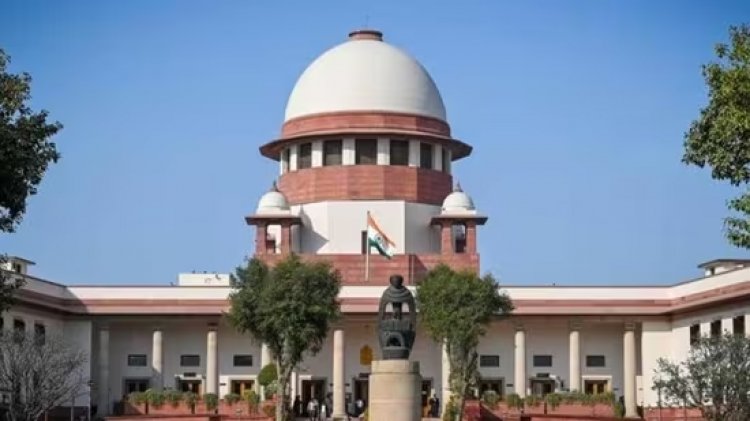Supreme Court Strikes Down Electoral Bonds Scheme Unconstitutional
Asia News Agency

The Supreme Court Thursday struck down the validity of the electoral bonds scheme, terming it ‘unconstitutional’ and ‘manifestly arbitrary’ as it provides blanket anonymity to political donors allowing rich corporations to make unlimited political donations.
It also held that anonymous poll bonds are violative of Right to Information under Article 19(1)(a). The Chief Justice of India DY Chandrachud said that poll bonds are violative of fundamental rights and they are not the only way to curb black money.
SC has directed State Bank of India to stop selling electoral bonds. SBI has also been asked to furnish the details of donations through electoral bonds and the details of the political parties which received the contributions. The SC directed SBI to share the details with the Election Commission by March 6, who in turn, has been asked to publish these details on the website by March 13, 2024.
Promotes corruption and a culture of quid pro quo
The lead opinion authored by Chief Justice Chandrachud said that the absolute non-disclosure of the source of political funding through electoral bonds promoted corruption, and a culture of quid pro quo with the ruling party to introduce a policy change or for bagging a license. The scheme and the amendments authorised “unrestrained influence of corporates in the electoral process”, it said.
The judgment belled the cat on the deep nexus between money and politics, saying that “contributions made by companies are purely business transactions made with the intent of securing benefits in return”. It noted that the scheme allowed the inflow of “huge contributions” by companies and multinational corporations with major business stakes in the country, overawing or even concealing the relatively small financial contributions of the ordinary Indian — the student, the daily wage worker, the artist, or the teacher — who believes in the ideologies of a political party without expecting any substantial favours in return.
About electoral bonds
The BJP government in 2018 introduced electoral bonds as an alternative to monetary contributions to political parties as part of initiatives to increase political fundraising transparency. They were termed as an alternative to monetary contributions given to political parties. The bonds are issued expressly to allow for financial contributions to political parties.
Electoral bonds are considered anonymous as the donor's name and other details are not recorded on the document. Further, one can buy any number of bonds as there is no cap.
As per the scheme's provisions, only political parties registered under Section 29A of the Representation of the People Act, 1951 and those that received at least 1 per cent of the total votes cast in the most recent elections to the Lok Sabha or a state legislative assembly are eligible to receive electoral bonds.
BJP benefited the most
As per data, the Bharatiya Janata Party got around Rs 1,300 crore through electoral bonds in FY23.
In financial year 2022–2023, the BJP received total contributions of Rs 2,120 crore, of which 61 per cent was from electoral bonds, according per the BJP's annual audited report that was filed with the Election Commission.
The Congress got around Rs 171 crore in FY23, down from Rs 236 crore in FY22.
The Samajwadi Party earned Rs 3.2 crore through electoral bonds in FY23, up from zero in FY22. TDP got Rs 34 crore in FY23, up 10 times from FY22.
















